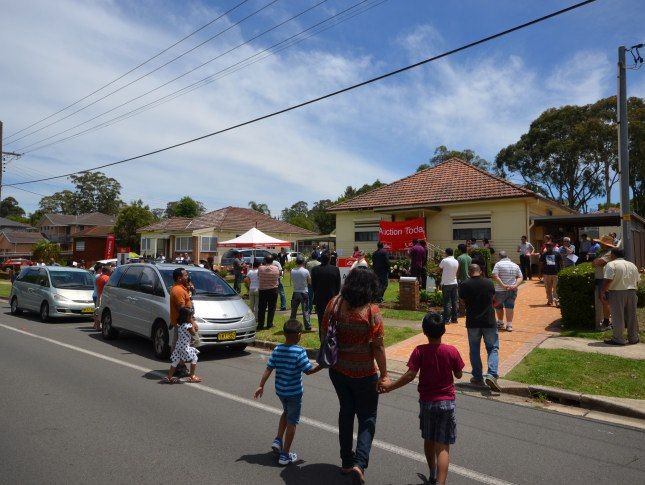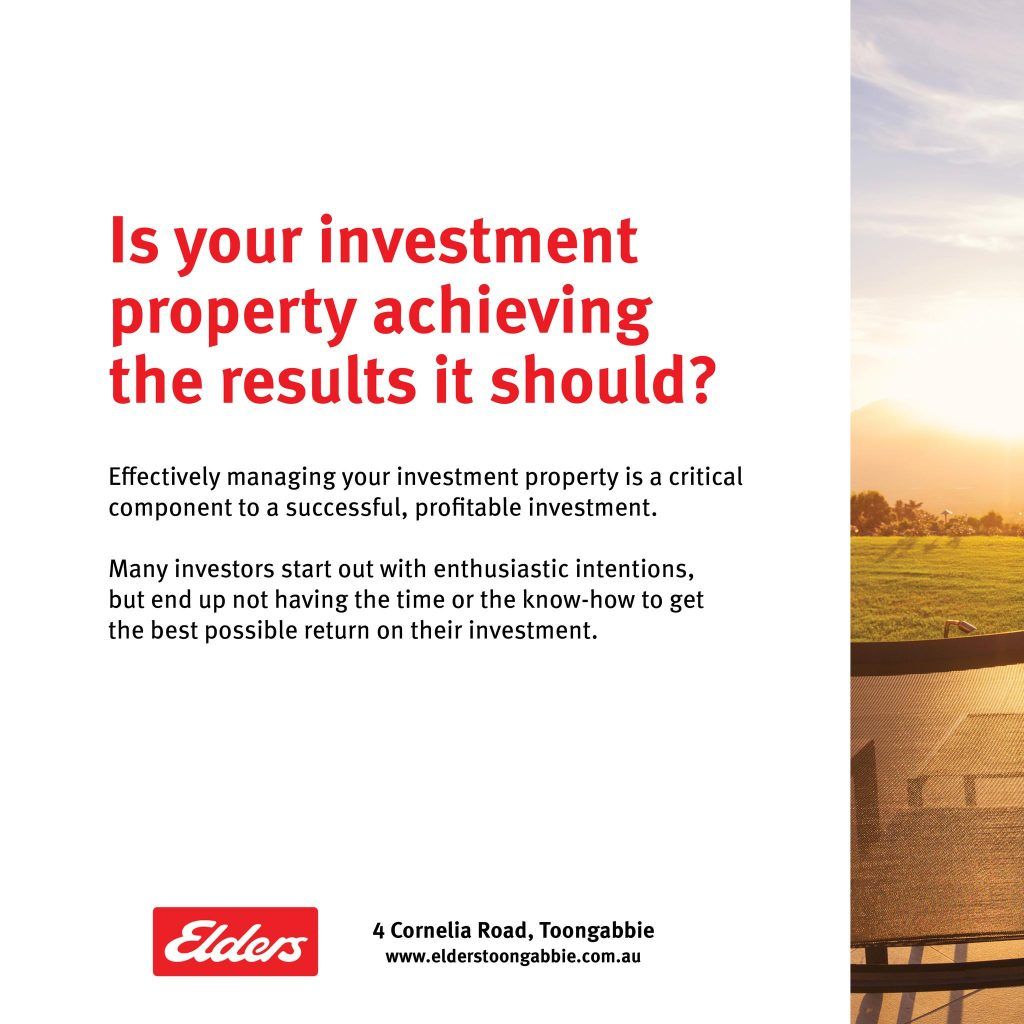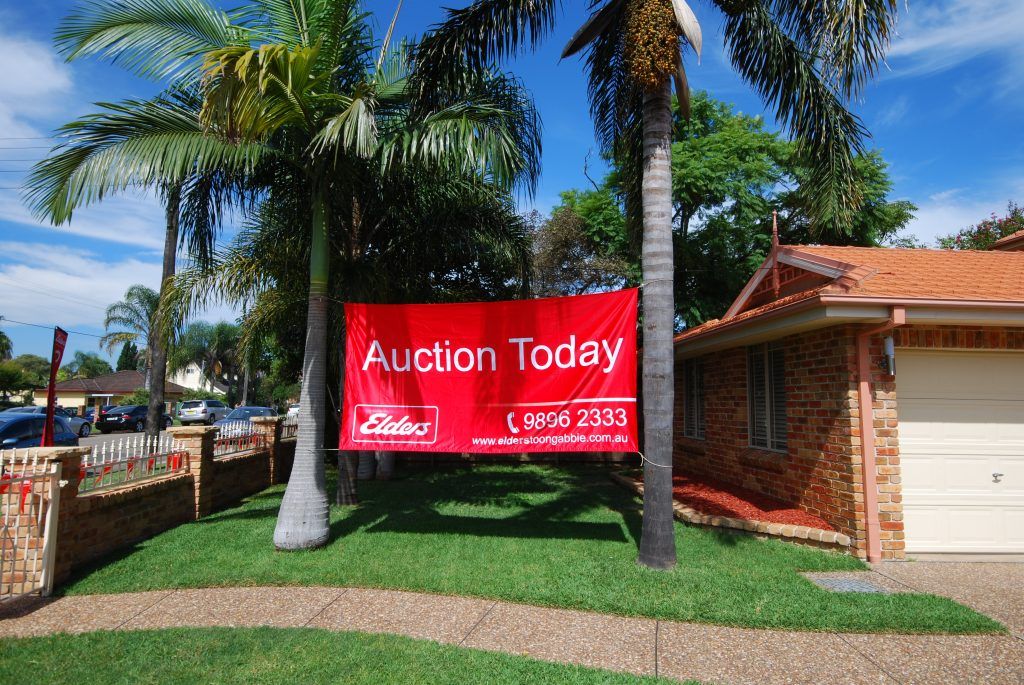Western Sydney is an extremely attractive area of Sydney with its luscious green parks, diverse neighbourhoods, upcoming suburbs, and new housing developments. All these things make Western Sydney an attractive place to buy a property however, some buyers and investors alike get so wrapped up in the excitement of buying a property that they make a bad decision about the property they choose to purchase. Often they don’t even realise they have purchased the wrong property until they go to sell it or try to lease the property many years later.
Parramatta is one of Sydney’s oldest and most popular areas. It’s centrally located and has a rich history dating back to the early days of European settlement in Australia, as being the second settlement established.
When buying real estate, there are issues to be aware of so, whether you are buying an investment property or your dream home or apartment, here are our top 22 things to remember when buying a property in Western Sydney:

1. Do your research and choose your area carefully to fit your lifestyle
Know what you’re really buying and what it’s really worth. Is it attractive to other buyers and tenants – close to work, leisure, schools, shops and transport? Will you have the lifestyle you want? Are you going to live there for a few years or a lifetime? Don’t buy the cheapest property in the cheapest area. Instead, buy the right property that fits your lifestyle at the right price.
Parramatta is a very diverse area, so take your time to explore different parts before deciding where to buy.
There is a lot of new development happening in Parramatta, so if you’re looking for something brand new, plenty of options are available. However, this also means that prices are rising, so be prepared to pay a premium.
If you’re after something with character and charm, then older properties in Parramatta are definitely worth considering. You’ll often find them in great locations, and they can be snapped up at bargain prices if you’re lucky.
2. Location, Location, Location
Choosing the right location for your new home is one of the most important decisions you will make when buying a property. Look for amenities like shopping centres, schools, hospitals and public transport – these can add value to your property over time. Also, consider how close your home is to work or places that you frequently visit, as this will save you time and money in the long run. Make sure you research crime statistics in the area, too; although crime isn’t necessarily an indicator of safety, it’s always good to be aware of any potential risks.
Location is key. The closer you are to the city, the pricier the property will be. But Parramatta is well connected by public transport, so it’s worth considering properties further out if your budget is tight.

3. Choosing what to buy
There are many different types of property on the market, from small units to large detached houses. So it’s important to consider what type of property is right for you before making an offer.
Think about the size of the property and whether it will suit your needs in the future. If you’re looking to start a family, a small one-bedroom flat might not be suitable in the long term.
4. Consider if it will be an investment or your primary residence
Purchasing property is an investment decision requiring much deliberation and consideration. When deciding between purchasing real estate for investment or a primary residence, it’s important to think through the long-term benefits and ramifications of each.
Investing in healthy, growing markets can be a sound investment strategy, but residential housing may also come with tax benefits that incentivize its use as a primary residence. It’s also important to research the suitability of both investment and primary residence property locations based on factors like job growth, infrastructure investment, local economic health, transportation access, schools and more. When making this purchasing decision, it’s essential to weigh all pros and cons carefully before taking the plunge into property ownership.
According to Your Investment Property, the average median rent is $520 a week in Parramatta, and houses have seen -0.27% growth in the past quarter and 10.73% growth in the past 12 months.

5. Schools and transport
When it comes to finding the right property in Parramatta, there are a few key things to keep in mind. First, one of the most important factors to consider is the location of schools and transport.
Parramatta is home to many excellent schools, both public and private. If you have children, it’s important to ensure they can attend a school that suits their needs and abilities. Of course, transport is also important, especially if you plan on commuting into the city for work or leisure.
Many different transportation options are available in Parramatta, including train and bus. The best way to find out which option is right for you is to speak with a local real estate agent or do your own research online.
6. Age of property
When considering the age of a property, it is important to factor in the property’s condition as well. For example, an older property may have more character but will likely require more maintenance and repairs than a newer one. Therefore, it is important to inspect the property thoroughly and consult a qualified home inspector to assess its condition accurately.
In addition to the property’s condition, another important consideration when determining the age of a property is its location. For example, an older home in a prime location will likely be pricier than a newer home in a less desirable area. But, an older home in a good location may be worth the extra cost if it meets your needs and budget.
7. Get your loan pre-approval
Sort out your finance before you start searching for property (even if it’s only a conditional loan approval) as this will determine how much you can borrow and ultimately how much you can afford to pay for a property. Also, make sure you have an emergency cash buffer so you can meet your loan repayments if interest rates rise or pay for any unexpected repairs or renovations.
When it comes to buying a property, financing is one of the most important considerations. It would help if you started by researching different loan options and lenders to determine what interest rates and repayment terms they offer. Ensure you also factor in other associated costs, such as stamp duty costs, appraisal fees, and taxes. Remember that if you have existing debt or credit card bills, these could impact your ability to get approved for a loan.
8. Consider factors that may affect the value of your home
Busy road? Besides a school? Far from shops and schools? When you inspect a property just once or twice before buying, some of these factors may not be apparent. For example, a quiet road on a weekend may turn into a busy road during the week. A house beside a school may have constant parking and traffic flow during the week but be quiet on the weekend. The nearest shops or school may be a 20-minute drive each way. Make sure you research the area and take your time to consider all these factors when deciding on a property to buy.

9. Look at Neighbouring Properties
Check out your street and see who your neighbours are so you get a feel of the type of neighbourhood you will be living in. This can give you a good indication of what your future neighbours may be like, and can also give you an idea of the potential resale value of your property.
Consider things like the condition of the neighbouring property, whether it is well maintained or not, and whether there are any nuisances that could potentially affect your enjoyment of your own home.
Also, check with the local council to ascertain whether there are any outstanding development applications on neighbouring properties or general development in the area. You don’t want to discover that your open space views will be blocked by the neighbours adding another storey to their house or that a child care centre is opening up next door.
10. Check out local crime rates
Investing in a new property can seem like an exciting and insightful venture. However one of the most important steps for any potential homeowner is to research crime rates in the surrounding area. As with any purchase, it’s critical to conduct extensive research beforehand to uncover potential crime or safety concerns. Analyzing crime rates will ensure that prospective buyers have access to all available information to make an informed decision when purchasing. Doing so can help you as a buyer become more aware of what crime patterns exist within particular communities and provide the opportunity to assess crime levels before committing to the purchase. Finally, researching crime rates helps ensure that homeowners make a sound investment and provides valuable insight into their personal safety.
12. Get Building, Pest & Strata Inspection Reports
Get a Building and/or Pest Inspection done on the property before you make an offer on a property. Although these reports will cost you, the benefit will pay far outweigh the cost. These reports are very useful and allow you to negotiate the purchase price as they give you insight into the condition of a property from an expert’s perspective. If you are buying an apartment, you also need to do a strata search to ensure the financial health of the body corporate and the apartment complex. Strata Reports will also give you information on the amount of strata levies you can expect to pay every quarter when purchasing within a strata complex.
13. Get a good conveyancer or solicitor
It is important to have a good conveyancer or solicitor when buying a property, as they can help ensure the process goes smoothly. They can also help to negotiate any problems that may arise during the purchase.
When choosing a conveyancer or solicitor, shopping around and comparing prices is important. It is also a good idea to ask for recommendations from friends or family. Once you have chosen a conveyancer or solicitor, ask them about their experience with purchasing property in Parramatta.
14. Consider how to buy
With many different ways to search for, view, and purchase a property, it can be difficult to know which path is right for you.
Auction
Buying a property at auction can be an exciting venture—but it does come with certain risks. When bidding on properties at auction, you need to bear in mind that prices could go beyond your budgeted limit in the heat of the moment. It’s important to familiarize yourself with any special conditions or restrictions that may be attached to the sale before you bid. You should also consider how long it will take to exchange contracts after your bid is accepted and how long it will take to complete the purchase.
Set By Sale Date
When buying a property via a set by-sale date, buyers are provided with an opportunity to submit their offers prior to a given deadline. As such, prospective buyers should be aware of all deadlines associated with such purchases; failure to meet these deadlines may result in your offer being rejected or not considered. Also, keep in mind that as part of this process, there is usually an exchange period during which time buyers must secure finance and instruct conveyancers/solicitors if needed.
Private Sale
When buying a property via a private sale (i.e., outside of auction or set by sale date), buyers are typically provided with more time than they would have when bidding at an auction or submitting offers before a set deadline. Buyers should ensure they have sufficient funds available upfront and have secured finance prior to making an offer so that they can proceed quickly if their offer is accepted by the seller(s). This approach also gives buyers more control over negotiations so that they can negotiate on price and fixtures and fittings, among other things – something which may not be possible if one of the other two methods is outlined above.

16. Review the Contract
Make sure you have the right solicitor or conveyancer review the contract before making an offer or attending an auction. Reviewing the contract before auction or the expiry of the cooling off period gives you the opportunity to negotiate with the vendors for things such as the deposit (5% instead of standard 10%) and the timeframe of Review of the contract will also alert you to special conditions that may identify issues with the property.
17. Be prepared before attending Auctions
As discussed above, before the auction have your solicitor review the contract, carry out the building and pest inspection and have your loan approval in place (and in writing!). If you are the winning bidder at an auction, you need to be aware that there is no cooling off period like there is when buying via private treaty. You also need to pay the deposit, usually 10% by either personal cheque or a deposit bond, immediately following the auction so make sure you have the deposit ready.
18. Factor in Stamp Duty
Stamp duty is a tax that is payable by the buyer when purchasing a property. It is payable within three months from the date of your exchange of contracts or on settlement (whichever comes first). It is important to factor in stamp duty when you are calculating your budget, as the higher the cost of the property, the higher your stamp duty. For example, the stamp duty on a $1,000,000 property in NSW is $40,490, which is a significant amount of money that you must factor into your costs. To calculate your stamp duty in NSW, visit the Office of State Revenue NSW website.
19. Consider Land Tax
You may need to pay land tax if you own a property in NSW that is not your principal place of residence, i.e. you are planning on renting out the property. In this case, you may be liable for land tax if the land value (not the property’s market value) exceeds the current dutiable land value threshold of $482,000 (2016). To see whether you are liable for land tax, visit the Office of State Revenue NSW website.

20. Remember you have a cooling-off period
Considering a cooling-off period when purchasing property is an important factor that should not be overlooked. A cooling-off period allows prospective buyers more time to assess the situation fully and evaluate any legal matters before committing to the purchase, allowing for a more informed decision-making process. It helps ensure that all parties involved know their obligations and feel secure with their purchase. While cooling-off periods can vary depending on the circumstances, some states may give buyers up to three days to reconsider their decisions, making them a beneficial resource for those looking to purchase the property.
21. Renovations are Expensive
Be aware that building and renovating anywhere in Sydney is expensive. It can still be an excellent option with profitable returns for buyers to buy a fixer-upper. However, it is important to do your homework and know the approximate costs of renovating and or building and factor them into your purchase price. You don’t want to buy a renovator’s delight and then be surprised by the contractor and tradesmen’s quotes after it’s too late. For renovations, be prepared to pay $3,000 — $4,000 per square metre (sqm). Obviously, you can pay more or less than this depending upon the quality of the workmanship and the finishes you select – however, consider it a guide when doing your initial calculations.
22. Home and Contents Insurance
When you’re buying a property, insurance for both the home itself and its contents should be a consideration in your expenses. Insurance can provide the necessary coverage against damages from weather disasters, water damage, or fire, as well as theft of valuable items in the home. Furthermore, insurance policies often come with additional features such as assistance with home renovation projects or legal advice due to any claims made on the policy. Though insurance premiums may seem costly at first glance, insurance can provide financial protection that is invaluable for those living on their property or using it as a rental.
Conclusion:
Buying a property is an exciting milestone, but it also comes with its fair share of responsibility and paperwork! Making sure that everything runs smoothly throughout the process requires understanding all aspects of purchasing and owning a home – from financial considerations to inspecting potential properties thoroughly before purchasing. With these tips in mind, we wish everyone looking for their dream home all the best! Good luck!
Contact our team at Elders Toongabbie if you wish to inspect any of our properties for sale!